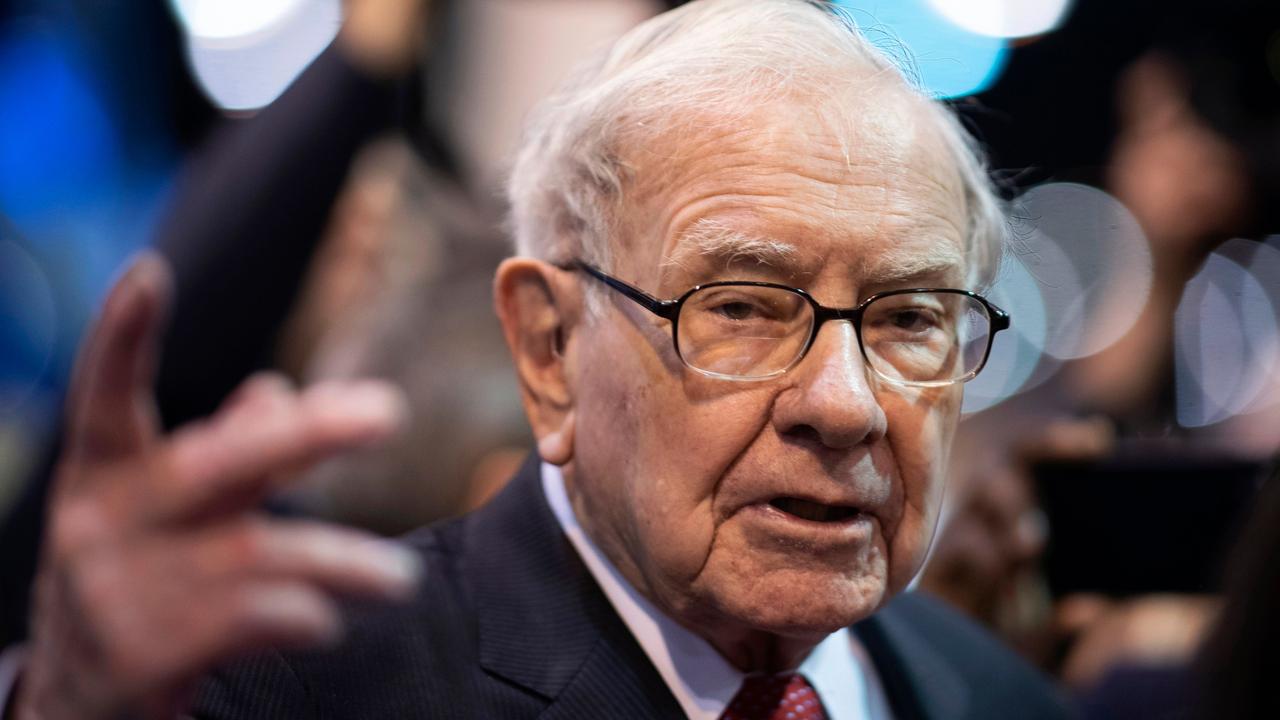Crazy prices and horror stories: Why SMSF audits could soon cost more
Some SMSF auditors are charging ultra-low fees but aren’t delivering on quality. Regulators are now taking a closer look.

The cost of running an SMSF is on the rise but audit fees are in a race to the bottom, with some auditors charging as little as $150 a year to give a fund the all-clear.
Don’t cheer just yet … a regulatory crackdown means fees are likely to push higher – and rightly so, some in the industry say.
“It’s getting to a level that’s just crazy. I’ve heard nonsensical pricing, especially when it comes to the eastern seaboard. I honestly don’t know how these auditors can manage quality,” SMSF auditor Naz Randeria says.
“I’m the largest provider in WA and it’s just impossible to do what the ATO requires us to do with the pricing that’s being offered,” Randeria, who runs Reliance Auditing Services, tells The Weekend Australian.
Skinny audit files
The plain-speaking Randeria has more than one horror story of potential new clients coming through her door with rakishly skinny audit files that would raise eyebrows with the tax office.
The latest, just this past week, was someone who came in with an SMSF file that contained only a single sheet of paper documenting two loans in the fund.
“There wasn’t even a bank account or any other details on these loans, no check on recoverability, nothing. And someone’s charged $200 for this last year,” she says, adding she would charge about $1000 a year to audit that same fund.
SMSF trustees and auditors have had several changes thrown at them in recent years, including that each fund must be audited once a year. This needs to be more than a tick-the-box process to comply with regulatory obligations – and not everyone’s happy about the added complexities.
“It is a race to the bottom (on fees) unfortunately,” Cooper Partners SMSF adviser Jemma Sanderson says. “Trustees see audits as a necessary evil. They don’t want to pay for them, they don’t really want them at all. But there’s a lot more that auditors need to be looking at these days, and so fees need to reflect that.
“There’s a lot more that auditors need to be doing in order to meet their obligations and the audit requirements these days, but the fees haven’t necessarily gone up that much in terms of what’s required.
“It’s a challenge, definitely, from that perspective, to ensure the audit is getting done properly when the fee is quite low.”
But audit fees have gone only backwards, even with all the additional work. Technology has sped up the process, but that’s an added cost too.
The average cost of running an SMSF was $6900 in 2022, according to the tax office (this is the latest data available). That’s up from about $6000 a year in 2018.
Average audit fees, meanwhile, have fallen from $685 to $628 over the same period.
As well, auditor numbers are falling each year. From a peak of more than 7000 a decade ago, there were 4400 by the end of June 2023, according to the latest data from the corporate regulator.
Regulators crack down
The auditor numbers for 2024 promise to be even lower, at least in part due to the ATO stepping up its action in the space. The tax office referred 45 SMSF auditors to the corporate regulator in the 2024 fiscal year, while a further 51 auditors chose to voluntarily deregister once the ATO began its compliance drive.
As part of this drive, the ATO and ASIC are cracking down on auditors who flout independence rules. ASIC last month suspended three auditors who audited thousands of funds from a single referral source, who was an SMSF admin provider.
“These SMSF auditors received more than 99 per cent of their overall audit fees from the online platform,” ASIC said.
“ASIC found that this created self-interest and intimidation threats to the SMSF auditors’ independence that were not able to be safeguarded against.”
The laws of supply and demand suggest fees would rise as the number of SMSFs grows and more auditors head for the exit. That hasn’t been the case yet.
This will have to change, says ASF Audits head of technical Shelley Banton. “We continually talk about downward pressure on fees for audits, but we don’t tend to talk about accounting fees going down, financial planning fees going down, or administration fees going down,” she says. “The focus just seems to be on auditors. But the cost of audits will have to go up.”
Some trustees go with the auditors charging the lowest fees, but there are potential issues with these audits, Banton warns.
“If you’re charging, say $200, for an audit of a fund worth a couple of million dollars, with properties and related unit trusts and shares and all the rest of it, how are you doing that job for $200?” she says. “And is that then an independence issue? The answer is yes, it most definitely is.”
Some trustees also resort to “audit shopping” to get the outcome they want, according to Banton. “They’re saying ‘I’m not happy with the audit opinion you’re giving me, because that’s not the outcome (I want)’. So they’re going to other SMSF auditors and finding the one who’s just going to rubber stamp the audit for them. They’re the ones that need to be weeded out.”






To join the conversation, please log in. Don't have an account? Register
Join the conversation, you are commenting as Logout